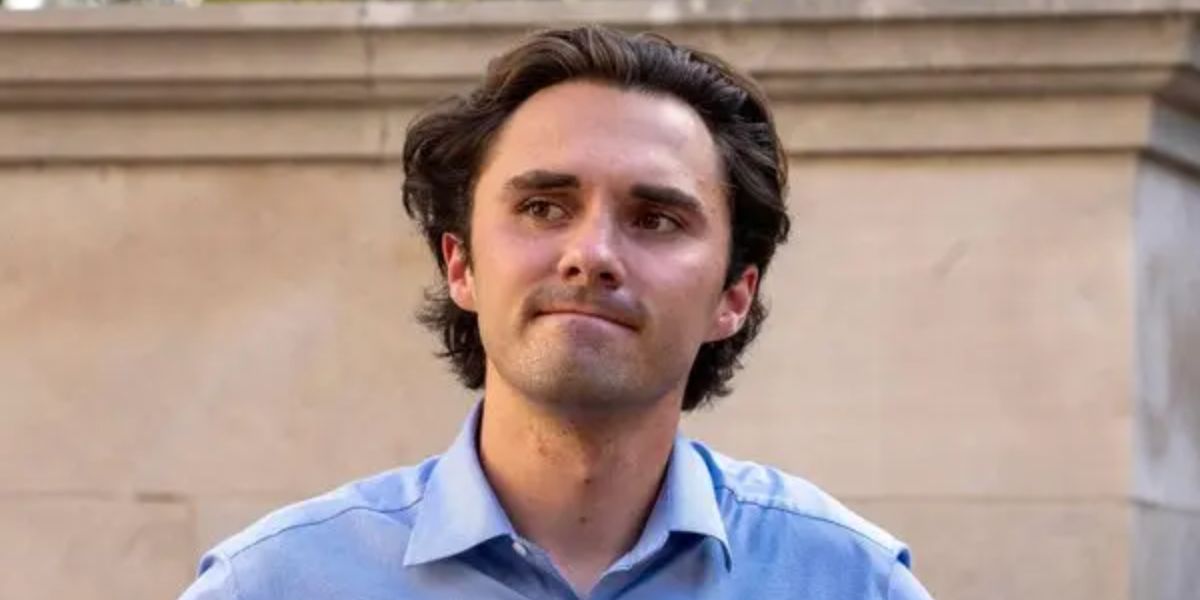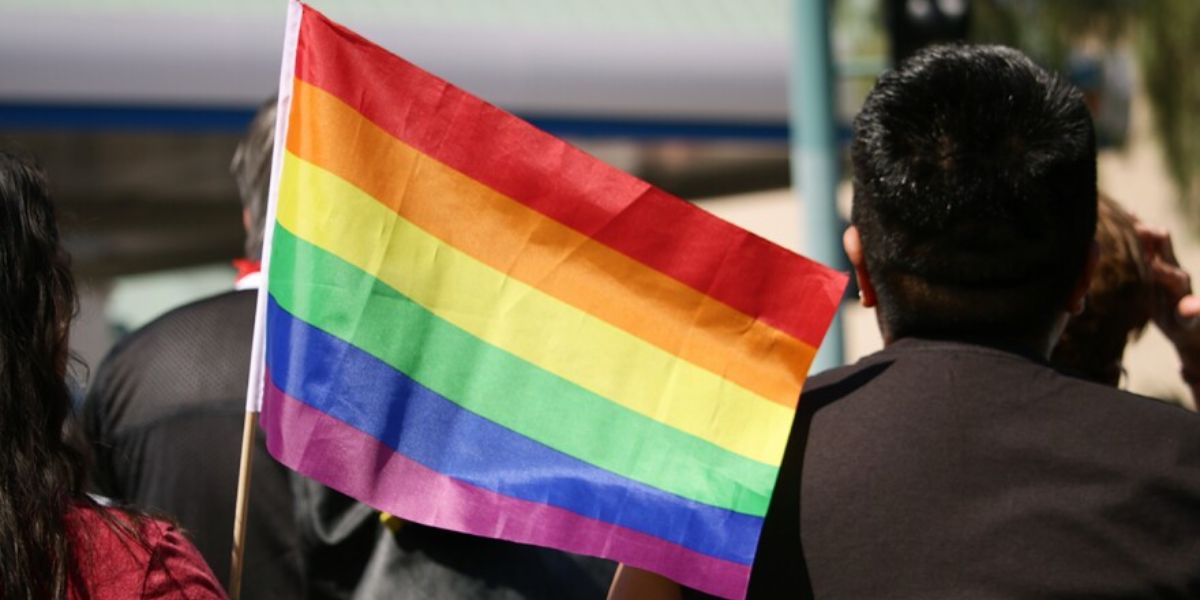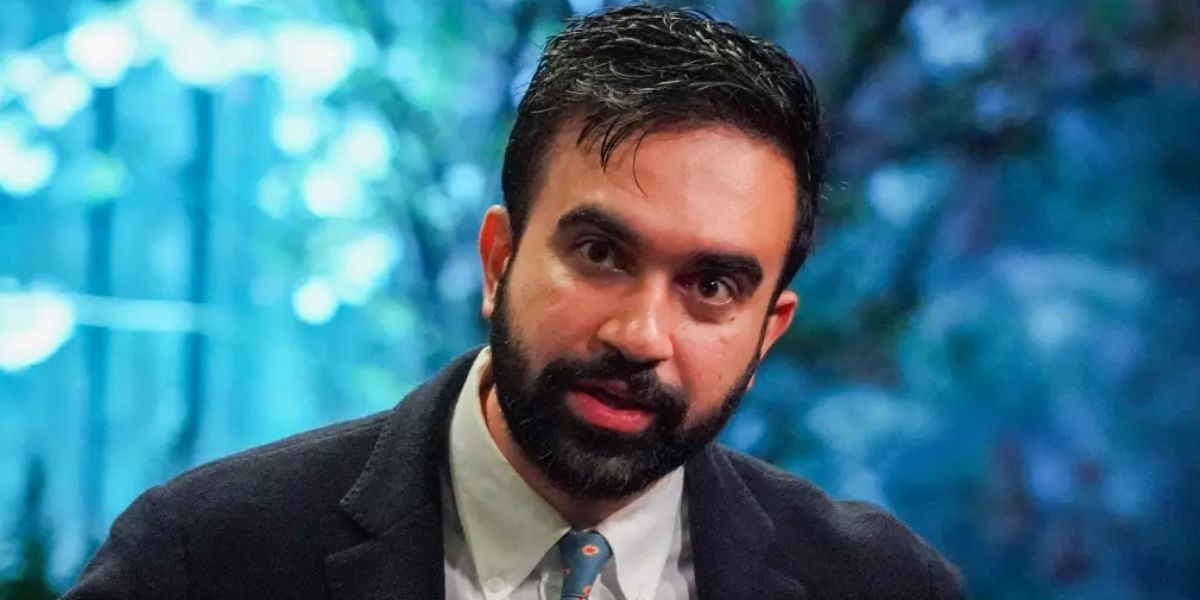On Wednesday, activist David Hogg announced his resignation as vice chair of the Democratic National Committee, following months of controversy over his intention to support primary challenges against Democrats he says are “asleep at the wheel.”
Shortly after the party decided to nullify Hogg and Malcolm Kenyatta’s wins in the DNC’s vice chair elections earlier this year, Hogg declared he would not participate in a planned rerun of this year’s DNC vice chair elections.
The vote was held after Hogg received harsh criticism for the idea, but it has nothing to do with his attempt to win over primary-elected Democrats.
The function of a vice chair is obviously the subject of a fundamental disagreement, and disagreements are acceptable. Hogg stated in a statement released by his political action committee, Leaders We Deserve, “It is unacceptable to let this continue to be our focus when there is so much more we need to be focused on. In order for the party to concentrate on what truly matters, I have ultimately chosen not to run in the upcoming election. Building the strongest party possible will continue to be my top priority as I work with Leaders We Deserve.”
Ken Martin, the DNC Chair, stated in a statement, “I commend David for his years of activism, organising and fighting for his generation, and while I continue to believe he is a powerful voice for this party, I respect his decision to step back from his post as Vice Chair.”
After surviving the tragic 2018 Marjory Stoneman Douglas High School massacre and spearheading the March for Our Lives movement in favour of gun control legislation, 25-year-old Hogg became well-known. Earlier this year, he was chosen to serve as one of the DNC’s vice chairs.
The effort to “start primarying out-of-touch, ineffective House Democrats in solid blue seats (not frontline districts) who are failing to meet the moment as part of a $20 million initiative to elect young leaders and bring about generational change in the Democratic Party” was hailed by Hogg and his organisation, Leaders We Deserve, months after he assumed the position.
The action was taken when Democrats, who were hurt by their loss in the presidential election the previous year and were hampered by their status as the minority party in both houses of Congress, were debating how to respond to President Trump.

However, several Democratic heavyweights were outraged by Hogg’s declaration, arguing that party leaders should remain impartial in primaries and concentrate on overthrowing elected Republicans. In April, Martin, who was elected vice chair on the same day that Hogg was elected, told reporters that “no DNC officer should ever attempt to influence the outcome of a primary election — whether on behalf of an incumbent or a challenger.”
Former Bill Clinton campaign adviser Matt Bennett, who currently works for the centrist organisation Third Way, described it as “insane behaviour from a DNC official.”
In April, Hogg told Major Garrett that “we have to show our base right now that we are doing everything we can to fight back against Donald Trump, and that includes holding ourselves accountable.” Hogg has backed the Leaders We Deserve campaign.
For weeks, Hogg’s future as a DNC vice chair has been in doubt as party members’ worries about him seemed to intensify as the internal strife affected a number of significant party figures.
In recent weeks, as opposition and controversy surrounded the young leader just months into his time with the national party, the challenge against Hogg’s election as a DNC vice chair on February 1st—made long before the impasse between him and party officials started in April—moved forward.
Kalyn Free of Oklahoma filed the challenge this winter, claiming she lost the vice chair contest because the party didn’t follow the correct procedures.
This challenge ultimately resulted in Wednesday’s motion for new elections for Hogg and colleague vice chair Kenyatta’s party offices.
The complaint argued that “the decision to ignore the Charter, Bylaws and upend the stated Election Rules in conducting the election for the second and third Vice Chair positions gave the two male candidates an unfair and insurmountable advantage over the women candidates.”
Read Also: Democratic Primary Victory in NJ Governor’s Race Goes to Sitting Congresswoman
Although Hogg’s scandals had nothing to do with the electoral challenge, the two were publicly linked during a challenging period for the party.
Democrats were determined to begin rebuilding after suffering setbacks in the 2024 presidential election and problems with their national brand. However, the public conflicts between Hogg and party leaders overshadowed that effort, and as the drama unfolded, some Republicans exploited them as an opportunity to attack the Democratic Party.
It is now anticipated that Democrats will attempt to overcome the intraparty strife that has plagued them in the first year of President Trump’s second term.
Hogg would have challenged Kenyatta in a race for one vice chair position if he had attempted to stay in that position. The victor would then have the opportunity to compete against other opponents for another vice chair position.



